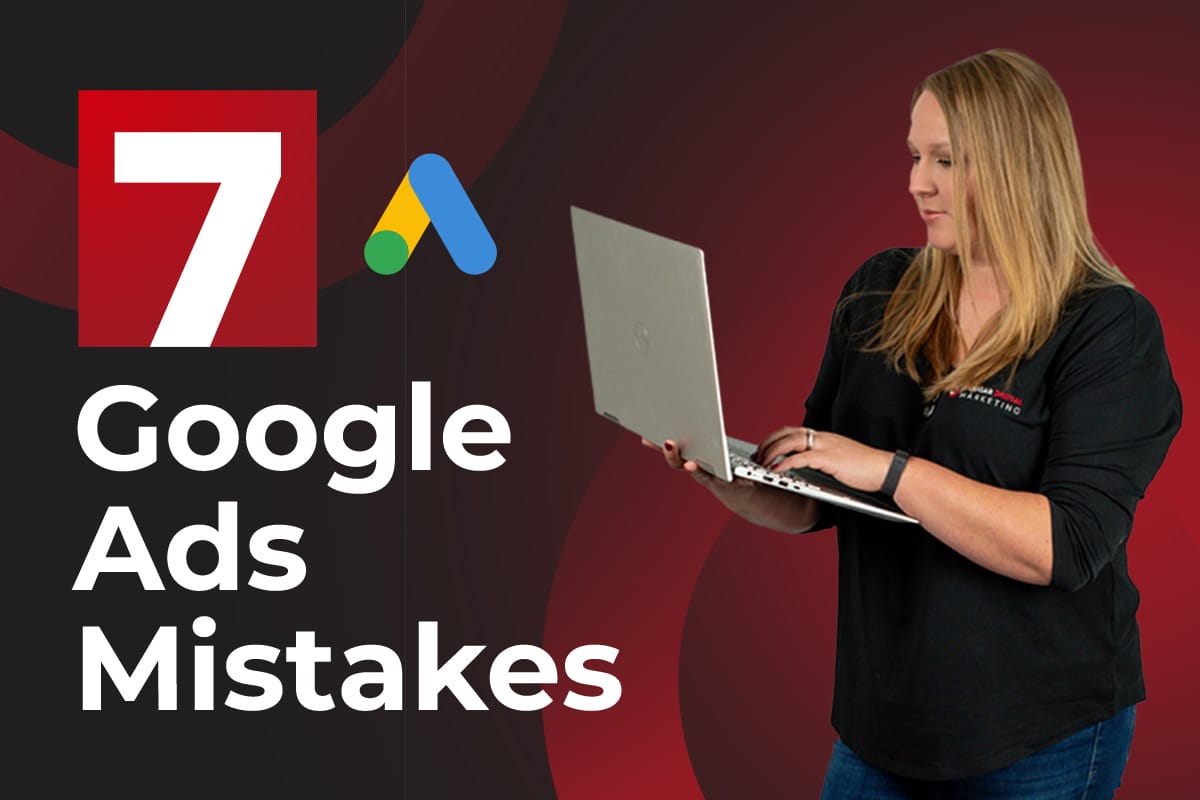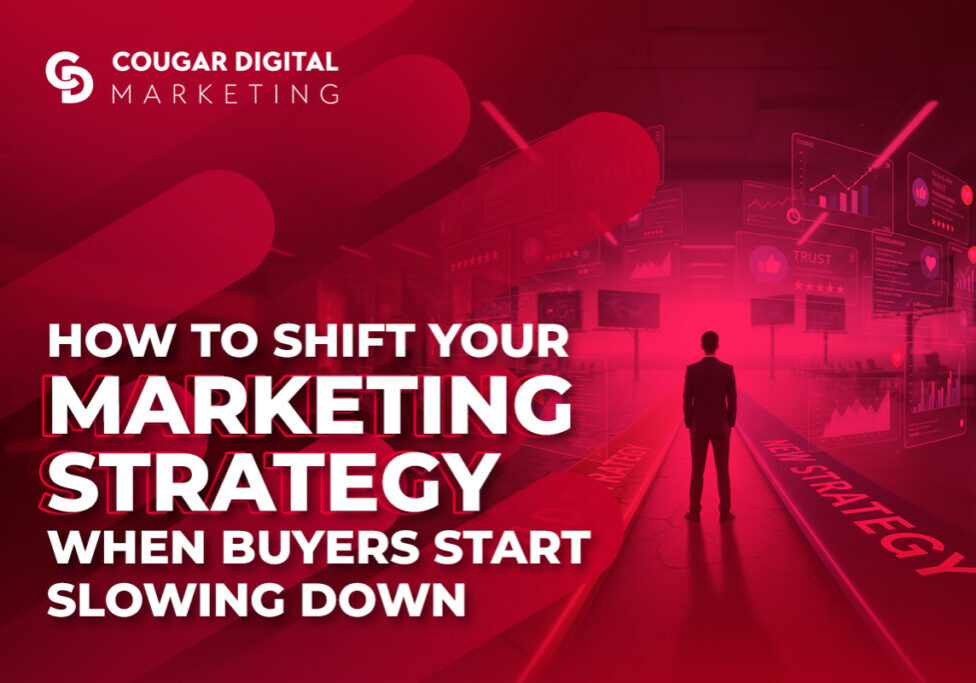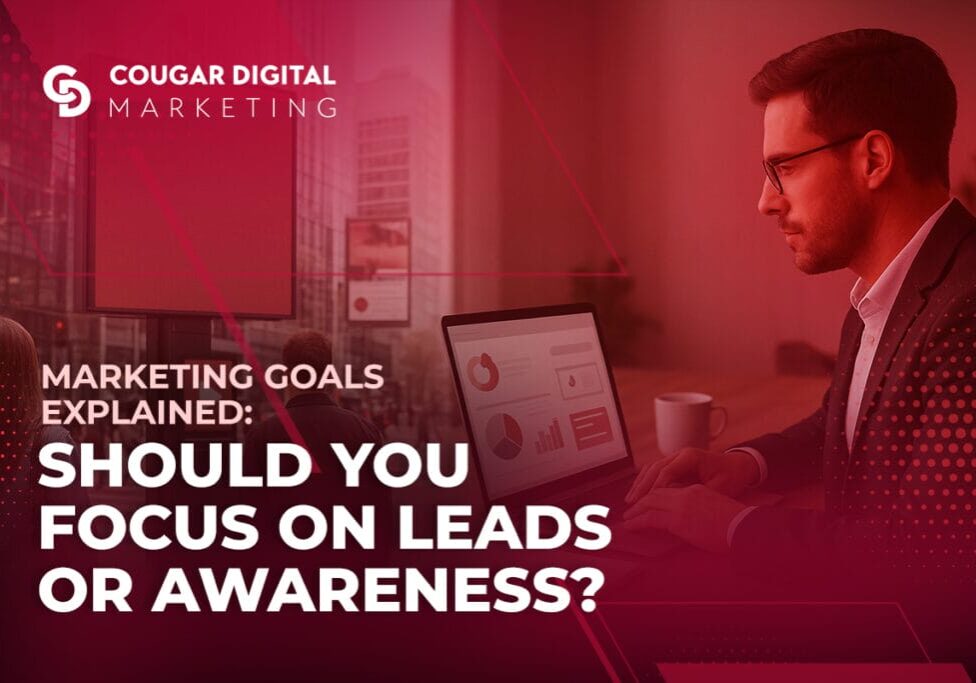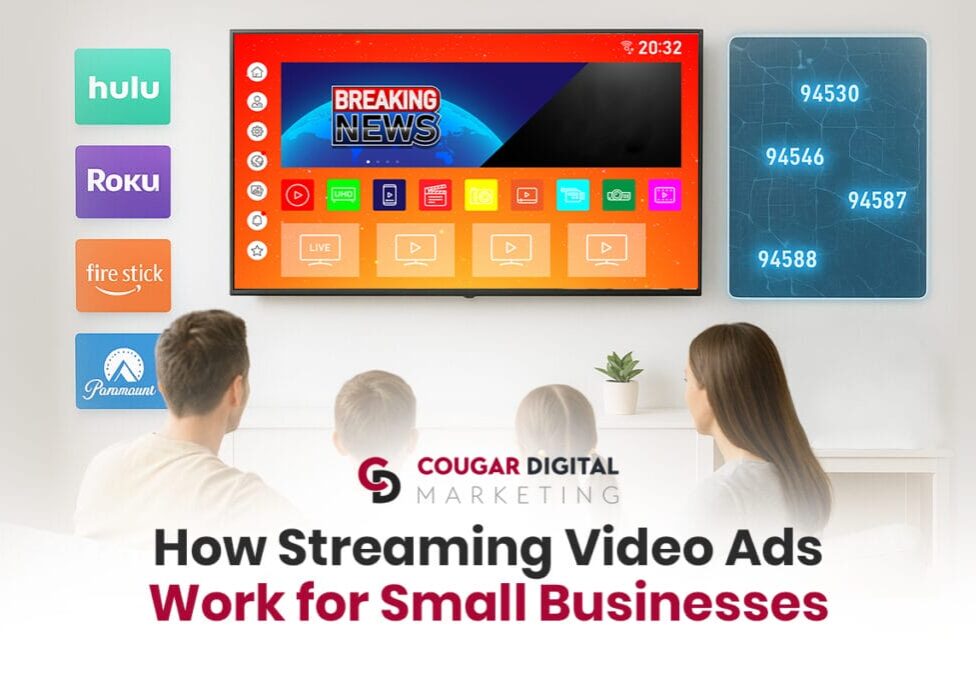Running Google Ads might seem simple enough, but under the hood, Google Search is a complex platform with a lot of levers that impact what your ads look like and how they are delivered.
If all you’re doing is setting a budget, writing an ad, and waiting for clicks, you’re probably spending money without seeing much in return.
Whether you’re managing your own account or just want to know what your agency should be doing, understanding the most common missteps can save you a lot of wasted budget.
Mistake #1: You’re not tracking conversions
If you don’t know which clicks are turning into leads or sales, then what’s the point?
Google will happily take your money whether your ads are working or not. Conversion tracking is how you connect the dots between clicks and actual business results—like calls, form submissions, purchases, or appointments.
🔧Fix it: Set up conversion tracking through Google Ads or import goals from Google Analytics. If that sentence made your eyes glaze over, it’s time to call in help—because this part really matters.
Mistake #2: You’re using Smart Campaigns
Smart Campaigns are Google’s “easy button” for small business advertising. Unfortunately, they’re also pretty limited. You don’t get full control over keywords, bids, or targeting. Worse, it’s hard to tell what’s actually working.
These campaigns are built to spend your budget, not necessarily get you results.
But even if you are in Expert Mode, many DIY campaigns still miss out on the tools that make Google Ads really work. Things like ad extensions (sitelinks, callouts, structured snippets), audience targeting, location and device adjustments, and well-structured ad groups often go unused. That’s a lot of potential being left on the table.
🔧Fix it: Just say no to Smart Campaigns. They’re easy, but they’re not effective. If Expert Mode feels overwhelming, that’s your cue to get a pro involved and save yourself time, money, and headaches.
Mistake #3: You let Google automate everything
Google loves to make things easy. It wants you to give it control. But here’s the thing: Google’s automation isn’t as smart as it thinks it is. While it’s true that automation can save you time, it doesn’t have the nuance needed to make decisions that align with your specific business goals.
For example, Google might:
- Add keywords that aren’t relevant to your audience
- Change your match types (which can drastically alter who sees your ads)
- Turn on alternative networks that don’t align with your goals
These changes are often applied automatically unless you opt out. Left unchecked, they can balloon your ad spend without improving results.
🔧Fix it: Review your “auto apply” recommendations and turn off the ones you want more control over. Automation should help—not hijack—your strategy.
Like this article?
There's more where that came from.
Mistake #4: You’re not keeping an eye on your Search Terms Report
You might think you know what you’re showing up for—but unless you’re checking your Search Terms Report regularly, you’re flying blind.
This report shows you the actual phrases people typed into Google before clicking your ad. And trust us, it can be a real eye-opener. If you see a lot of irrelevant or low-intent searches, you’re likely wasting money on the wrong traffic.
Picture this: You’re a contractor, and you bid on the keyword “kitchen remodeling.”
Sounds great—until your ad starts showing up for searches like “kitchen remodeling ideas for small apartments” or “DIY kitchen remodeling.”
Neither of those people are looking to hire a contractor. But thanks to broad or phrase match types, Google treats them as close enough. And you’re paying top dollar for the clicks.
🔧Fix it: Review your Search Terms Report at least weekly. Add irrelevant searches as negative keywords so you stop paying for them. Consider switching overly broad match types to Phrase or Exact Match so you have more control over what triggers your ads.
Mistake #5: You’re dropping the ball after the click
A well-targeted ad does its job when someone clicks or calls—but what happens next is just as important.
If your landing page is confusing, loads slowly, or buries the info people are looking for, don’t expect great results. But even if your site is solid, you can still lose leads in the next step of the funnel.
We’ve seen businesses spend thousands on Google Ads, only to miss calls, ignore form submissions, or have someone at the front desk who sounds like they hate their job.
Your ads are only part of the equation. Everything after the click—the page, the follow-up, the first impression your staff makes—matters just as much.
🔧Fix it: Test your funnel from the customer’s point of view. Click your own ad, fill out your form, call your number. What’s the experience like? If you’re paying for traffic, make sure you’re ready to actually convert it.
Mistake #6: Your ads don’t match what people are looking for
One of the most common missteps in Google Ads is writing generic ad copy that tries to speak to everyone—and ends up resonating with no one. If your ad doesn’t match what someone’s actually searching for, they’re either not going to click, or they’ll click and bounce the second they realize it’s not relevant.
Let’s say someone searches for “emergency AC repair.” If your ad just says “HVAC Services in Tri-Cities,” that’s not going to cut it. They’re looking for urgency and availability—not just a general service.
🔧Fix it: Use separate ad groups to keep your keywords and ads tightly aligned. That way, someone searching for “emergency AC repair” sees an ad that actually says emergency AC repair. It’s a small change that makes a big impact.
Not sure what to spend on marketing?
Find out in 30 seconds.
Plug in your numbers, get a smart budget instantly.
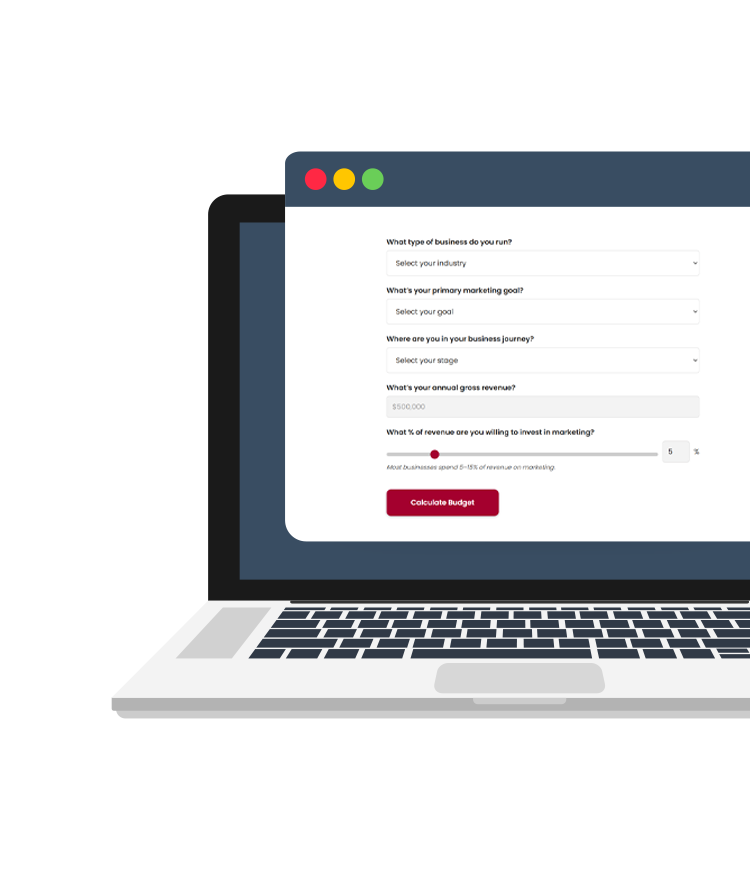
...because 'just throw money at it' isn't a marketing strategy.
Mistake #7: You set it and forget it
Google Ads isn’t a crockpot. You can’t just set up your campaign and walk away.
Markets shift, competitors change tactics, and Google updates the rules constantly. You need to check in regularly, monitor performance, and optimize based on what’s actually happening.
🔧Fix it: Review campaigns weekly. Adjust bids, review search terms, test new ad copy, add negative keywords, and pause underperforming ads.
Google Ads isn’t Cheap—So Don’t Let it Be Sloppy
Running ads without strategy, tracking, or oversight is just paying Google for the fun of it. You don’t need a massive budget to succeed, but you do need to avoid these common traps.
Clean up these mistakes, and your budget will stretch further—and finally start delivering the results you’ve been hoping for.

Sign up for a FREE 1-hour marketing analysis & consultation!
We'll Cover:
-
Business Goals and Challenges
-
Current Marketing Efforts
-
Target Audience and Market Insights
-
Competitor Analysis
-
Customized Growth Opportunities

